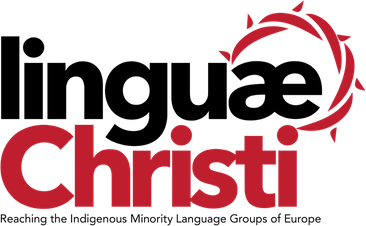Since the last series of blogposts, I’ve been doing a good bit of travel. Travelling and connecting with current and potential ministry partners in Europe have always been a bit part of my job in my role with Linguæ Christi—the networking and mobilisation role. During the Pandemic, much of that kind of travel simply was not possible. Consequently, now that things are opening up again, I’m trying to make up for lost time with a bit of a “vengeance,” as they say. There are three areas of travel to note for you.
Site visits to three people groups
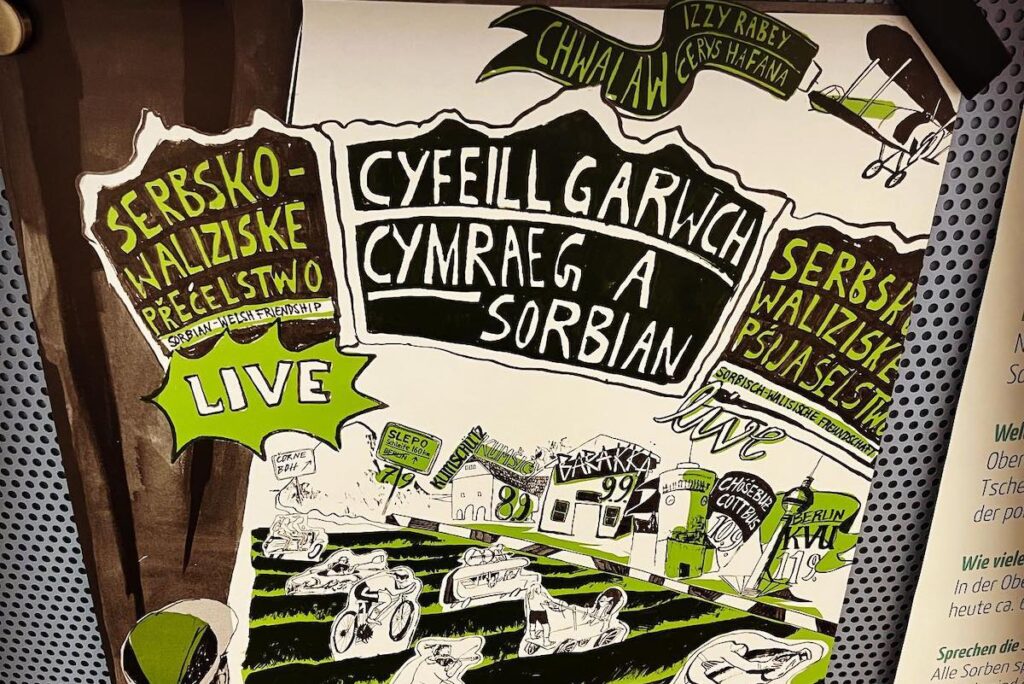
When I can, I try to go to areas where some of our language groups live and where I have not personally been before. I call these “site visits.” Generally, on these visits, I try to gain a bit of familiarity regarding the linguistic situation, as well as the issues of access to the Gospel (and are there already any Churches available in these languages or Evangelical believers), as well as logistical concerns in preparation for student teams, who would spend longer periods of time in these areas. During August, I had site visits to three, specific, indigenous minority language-speaking areas: (1) Francoprovençal, (2) Piemontese, and (3) Sorbian. In some ways there were some successes in these visits, but also some frustrations.
I’ve decided that I am going to write a more in-depth report on these experiences with these language groups, because they share a lot of characteristics which are common to all indigenous minority languages in Europe (and outside of Europe), which might help you understand the language groups themselves a bit better but also some of the complexities and challenges of this very specific type of missions ministry.
Ladin Prayerwalking Project
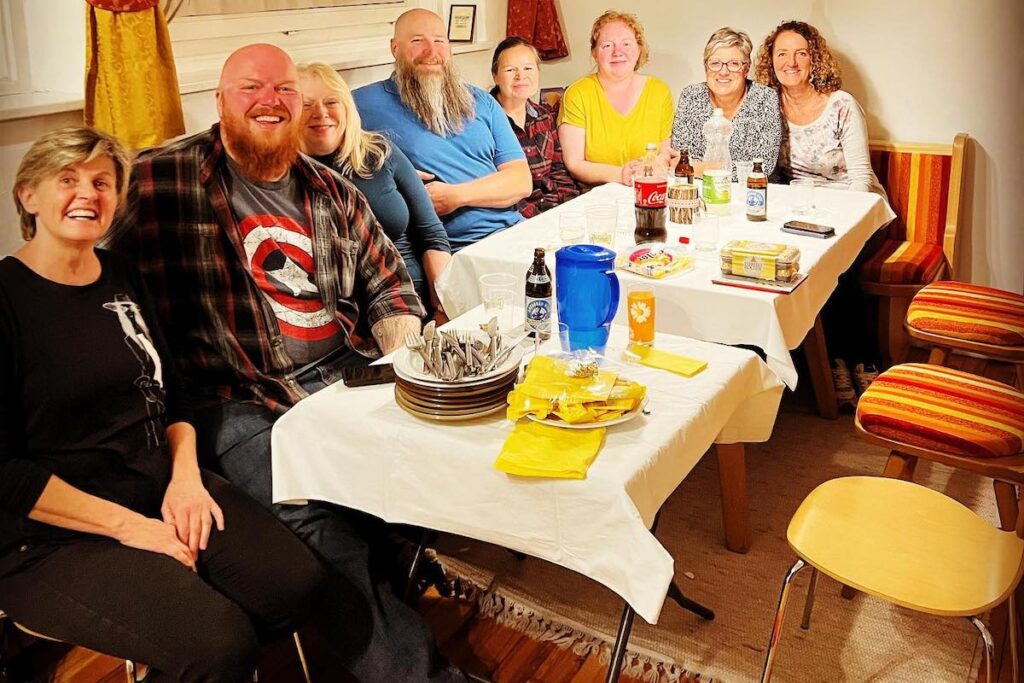
In early October, one of our long-term partner Churches in the USA, True North Community Church, came to the Dolomitic Ladin-speaking area of Northern Italy for a prayerwalking project. This was the first project of this kind for us outside of the Celtic nations; so, we were very excited about it. We also had the opportunity to fellowship and pray with a small house Church in that area. To our knowledge, that small house Church is the only Evangelical expression of Church in the Ladin language. It was a beautiful time of fellowship and encouragement for all.
Estonia & Finland
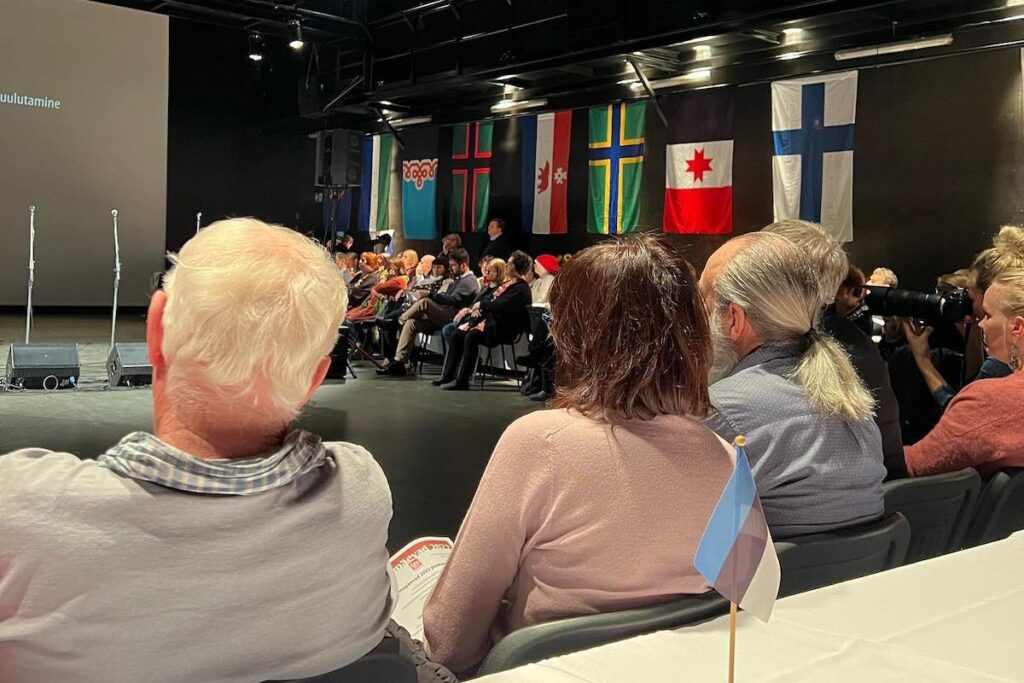
Immediately following the time in Northern Italy, I travelled by train, plane and boat from Austria to Tallinn, Estonia. We have a partnership agreement with the Baltic Methodist Seminary there. However, due to Pandemic restrictions, it had been three years since I was able to visit the area. It was a great time of meetings and renewing relationships as well as some great opportunities to speak to/with the Seminary students. I also had the opportunity to meet with the Finno-Ugric Mission Group, who work with numerous minority languages (those on our radar screen as well) in other countries. As you know there is much uncertainty and nervousness in that area due to world events in the part of the world. We are all praying and seeking the Lord on how we can continue to reach people groups with limited access to the Gospel given the serious realities in this part of the world.
I had a wonderful opportunity to meet with a new and potential ministry partner in Finland. We decided to have our time together visiting the medieval Finnish town of Porvoo. We had great conversations, much in common, and a lot of partnership ideas.
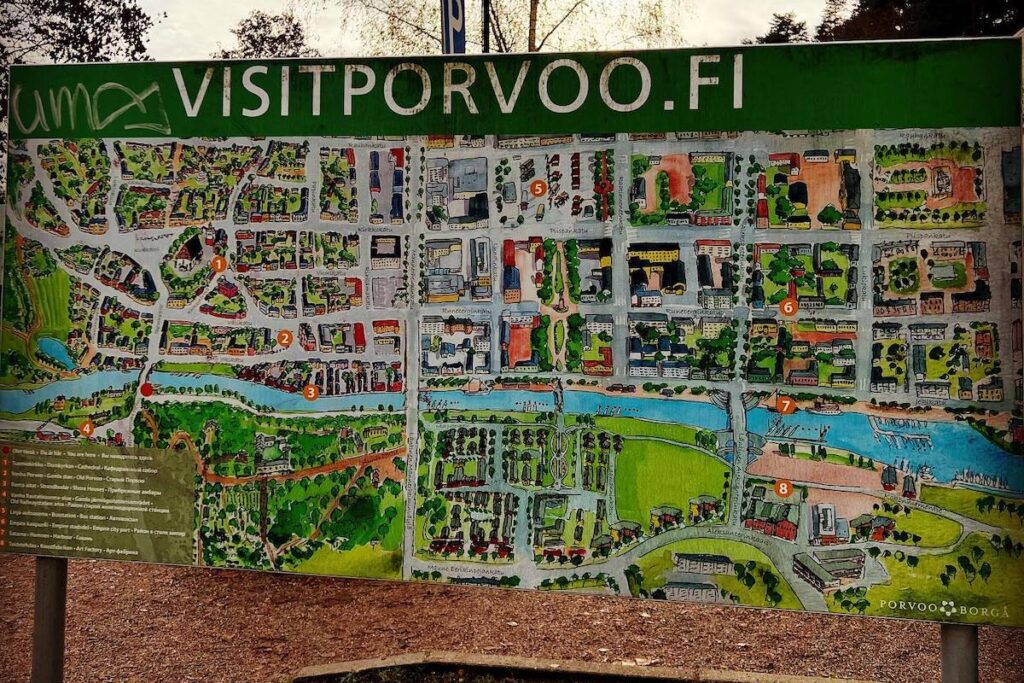
Although this person serves with a large Christian ministry in a very large European country with a lot of indigenous minority languages, I cannot share any of that information, nor this person’s image or name for security reasons. Missions among indigenous minority language groups is a specialised field often making it difficult. But this kind of mission work is actually dangerous in some places and contexts due to a broad range of issues including simple, straightforward persecution of Evangelical Christians.
I’m not trying to be melodramatic or unnecessarily “cloak and dagger” in speaking this way. But it is a reality, if we’re really trying to take seriously the call to take the Gospel to every indigenous minority language group in the greater European context. Pray, therefore, that these conversations will produce fruit, which will see people groups in difficult circumstances and with no access to the Gospel in their languages have access to the Gospel in a way that makes sense to them. Pray for me as well for wisdom in navigating these uncertain waters in dangerous places.
